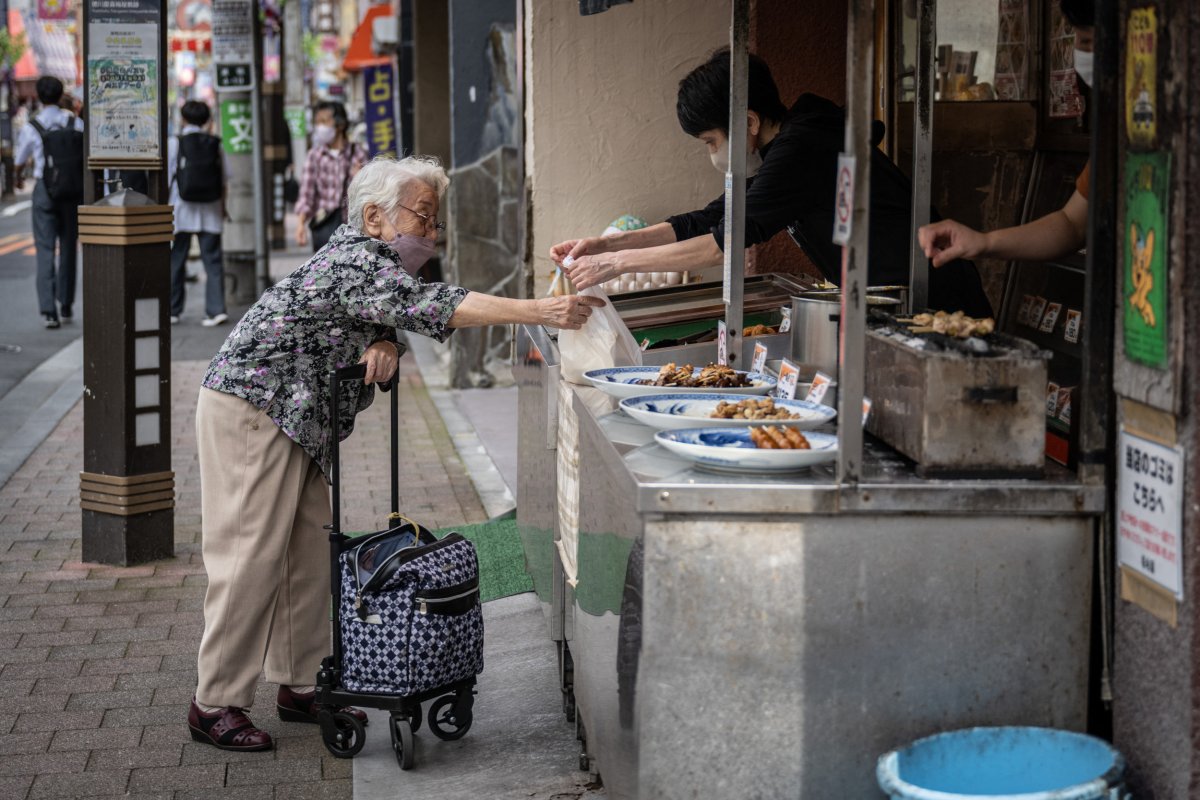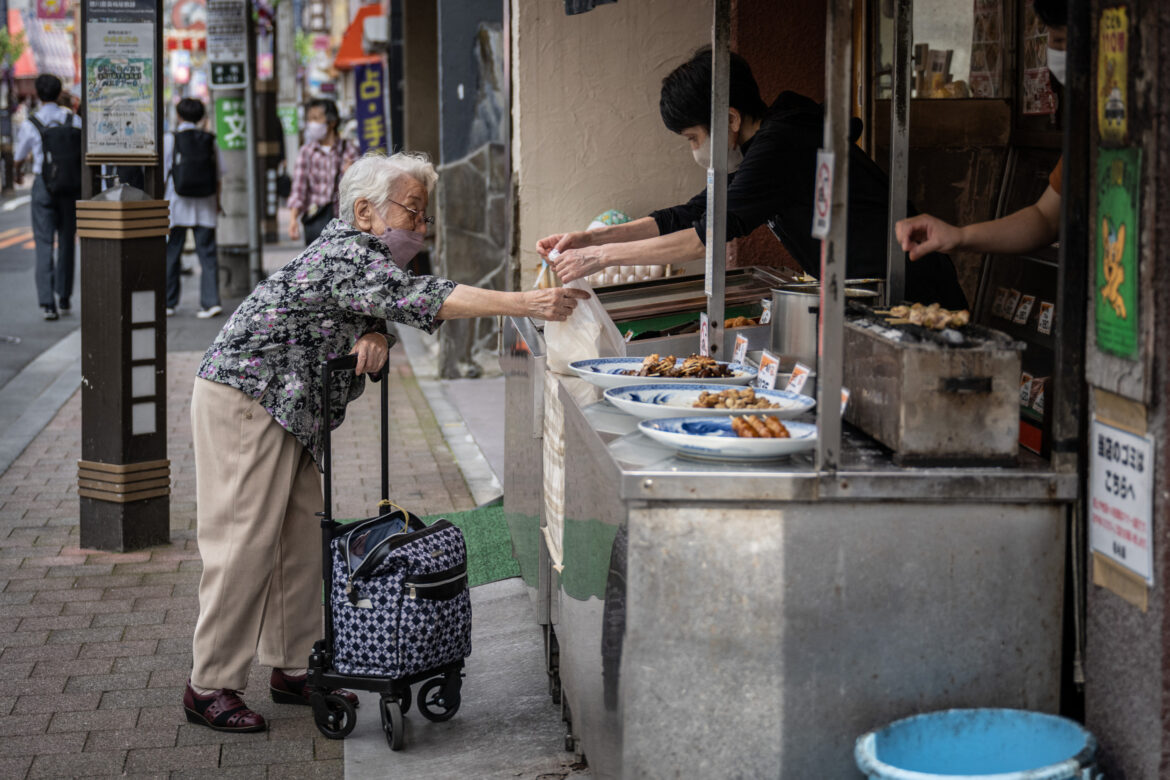Japan logged its fewest births on record last year and more than twice as many deaths, according to a new government report, with Prime Minister Shigeru Ishiba calling it “a quiet emergency.”
Newsweek has reached out by email to the Ministry of Internal Affairs and Communications with a request for comment outside of office hours.
Why It Matters
Japan continues to post grim demographic milestones as births decline and its population shrinks. The country’s total fertility rate, or the average number of children a woman is expected to have, fell to 1.15 in 2024 from 1.2 the previous year, despite extensive local and central government incentives, and some of the world’s most generous parental leave policies.
The shift has come amid economic anxieties over changing attitudes toward families among younger generations, the rising cost-of-living, and a childcare burden that disproportionately falls on mothers.
Japanese policymakers have warned the country has only until the end of the decade before the trend becomes irreversible.
What To Know
According to data released Wednesday by Japan’s Ministry of Internal Affairs and Communications, the country’s population fell by 908,574 people in 2024—the 16th consecutive year of decline.
Births totaled 686,061, the lowest since records began in 1899, while deaths reached 1.6 million.
Japanese nationals aged 65 and older now account for 30 percent of the population, while the working-age group, or those aged 15-64, dipped to approximately 60 percent.
Japan now has the world’s second-highest proportion of elderly citizens after Monaco, according to the World Bank.
The number of foreign residents climbed to a record 3.6 million as of January 1, representing almost 3 percent of the overall population.
To address labor shortages in sectors such as elder care and manufacturing, Japan has begun easing its strict immigration rules. The reforms aim to triple the foreign workforce by 2040, allowing more workers to stay longer and bring their families.
Japan is not alone in facing such demographic pressures. South Korea, China, and Taiwan are also racing to boost birth rates, fearing the long-term drag on their economies.

An elderly woman shops at a grilled chicken shop in the Sugamo area of Tokyo on May 22, 2024.
An elderly woman shops at a grilled chicken shop in the Sugamo area of Tokyo on May 22, 2024.
Yuichi Yamazaki/AFP via Getty Images
What People Are Saying
Takumi Fujinami, senior researcher at the Japan Research Institute, was quoted by Taiwanese news outlet KNEWS: “Low-income groups are not having children. The urgent task should be to improve the economic situation of young people—such as by raising the minimum wage—so that they can marry and have children.”
Kei Nishiuchi, the CEO of SoujouData Inc., a data science consultancy in Tokyo, previously told the Fuji News Network: “As the number of elderly increases and the working-age population shrinks, we’re starting to see an impact on the economy’s overall productivity. Even the very assumptions behind how our society redistributes resources—such as who pays taxes and who provides eldercare—are being called into question.”
Japanese Prime Minister Shigeru Ishiba said in a parliamentary speech in October: “The low birth rate and the resulting population decline are a challenge to the very foundations of the country—a quiet emergency, so to speak.”
What Happens Next?
Japan has in recent years intensified efforts to counter its looming demographic crunch, including subsidies for childcare, education, and fertility treatments.


AloJapan.com